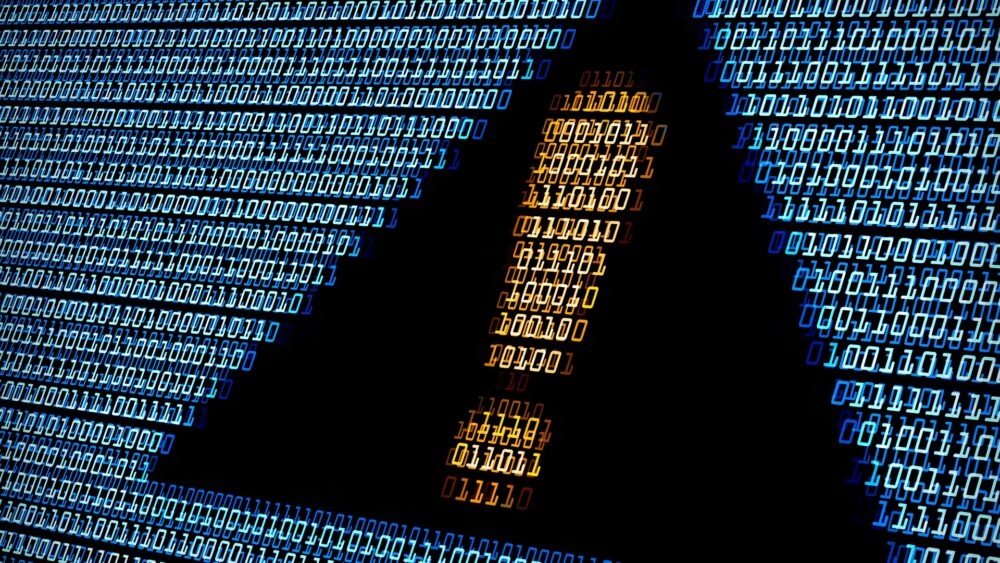The Senate Standing Committee on IT & Telecom recently convened to address growing concerns over data security in Pakistan. During the session, officials and senators discussed serious breaches, including the appearance of SIM and personal data on the dark web, highlighting the urgent need for comprehensive data protection laws.
Senate Standing Committee on IT & Telecom Highlights SIM Data Breach
During the meeting, the Senate Standing Committee on IT & Telecom received a briefing from the PTA Chairman, who confirmed that Pakistani citizens’ SIM data had surfaced on the dark web as early as 2022. He further disclosed that even his own SIM data was compromised, underscoring the scale of the issue.
The revelation raised questions about whether every citizen’s information was included in the breach. While the PTA confirmed that SIM data was at risk, the broader scope of compromised records is still being assessed.
Economic Impact of Stolen Data
Senator Affanullah Khan drew attention to the alarming economic dimension of the crisis, noting that stolen data sales generate over Rs. 65 billion. He warned that without strong legal protections, Pakistan could face escalating financial and security losses.
Referencing global incidents, Affanullah recalled Israel’s 2022 cyberattack on Iran, which involved gathering sensitive data through online sources. He suggested that similar vulnerabilities could expose Pakistan to foreign exploitation.
Lack of Progress on Data Protection Laws
One of the most pressing concerns raised by the Senate Standing Committee on IT & Telecom was the absence of a robust data protection framework. Despite years of discussions, the Ministry of IT has not finalized or implemented a data protection bill.
Senator Manzoor Ahmad voiced frustration over this delay, criticizing the Ministry’s inefficiency and questioning the absence of Federal Minister Shehzad Fatima from such a crucial meeting. This lack of legislative progress, members warned, risks leaving Pakistan exposed to both internal and external threats.
Hajj Applicants’ Data Found on Dark Web
The committee also learned that the personal data of approximately 300,000 Hajj applicants was discovered on the dark web. This incident highlights how even sensitive religious and government-linked records are vulnerable. For many senators, this was further proof that stronger safeguards must be urgently established to restore public trust.
The PTA Chairman suggested creating a high-security national data center as a step toward preventing such breaches in the future.
Connectivity and Internet Service Challenges
Beyond data security, the Senate Standing Committee on IT & Telecom also addressed ongoing issues in Pakistan’s telecom sector. Senator Kamran Murtaza raised concerns about unreliable internet services in Balochistan, urging that internet packages be extended for residents facing disruptions.
The PTA assured the committee that extensions will be granted in areas where connectivity has been restored. Service quality nationwide also came under review, with officials stressing that spectrum auctions are essential to improving infrastructure. However, pending legal cases could delay the process.
Cybersecurity and Web Management Systems
The committee also reviewed broader cybersecurity issues, including the role of Pakistan’s Web Management System (WMS), operational since 2005. PTA officials explained that while the system can block platforms, it does not interfere with calls or SMS unless a device itself is compromised.
The Senate Standing Committee on IT & Telecom was informed that similar systems exist globally, with the PTA Chairman citing attempts by Israel to insert bugs into smartphones to extract private data.
Recommendations for Secure Communication
Senator Affanullah proposed developing a Pakistan-made messaging app similar to WhatsApp but with stronger security features. The Ministry of IT confirmed that such an app is under development and currently undergoing security clearance. If successful, it could provide citizens with a safer communication channel, reducing reliance on foreign platforms.
Moving Toward Stronger Data Protection
The discussions of the Senate Standing Committee on IT & Telecom underscore the urgent need for comprehensive reforms. Pakistan must prioritize data protection legislation, establish high-security data centers, and strengthen cybersecurity infrastructure. Without these measures, citizens’ personal information will remain at risk, and the country could face significant financial, social, and geopolitical consequences.
The Senate Standing Committee on IT & Telecom has sounded the alarm on Pakistan’s data security crisis. From SIM data leaks to the exposure of Hajj applicants’ records, the country faces growing threats that demand immediate legislative and technological action. As senators call for a robust data protection bill and improved internet infrastructure, the government now faces mounting pressure to act decisively. Ensuring the safety of citizens’ data is no longer optional—it is essential for national security, economic stability, and public trust.



